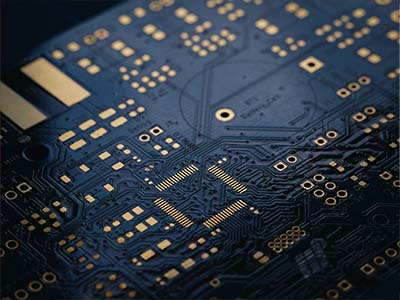Description
Cancer is the second cause of death worldwide, representing critical health and economic burdens. In an era of an aging society, cancer prevalence is expected to rise, with projections disclosing 28.4 million new cases by 2040. Direct costs of cancer reached €103 billion in 2018, of which €32 billion are due to the increase on cancer therapeutics costs. Furthermore, there is a different access to healthcare between lower- and higher-income countries, placing cancer as one of the most relevant societal challenges of our era. Multiple innovations in oncology have been achieved, including the production of biopharmaceuticals as effective therapeutic agents. Contrarily to synthetic drugs, these biological products, e.g. nucleic acids, display higher therapeutic effectiveness, higher specificity and fewer side-effects. Nowadays, nucleic acids are gaining momentum in gene therapy with potential implications in oncology. Furthermore, advances in this field have shown that due to its smaller size (only contains the eukaryotic cassette of interest) and the absence of a prokaryotic backbone, minicircle DNA (mcDNA) outperforms plasmid DNA in terms of safety and therapeutic efficiency.Although biopharmaceuticals including mcDNA are effective therapeutic agents, their current high cost, mainly arising from difficulties on their purification from the complex/biological medium in which they are produced, limits their widespread use. The main current bottleneck is associated to the downstream processing (capture and purification steps usually carried out by packed-bed chromatography involving biological ligands of high cost and low stability), responsible for up to 80% of the production costs of biopharmaceuticals. While significant advances have been demonstrated, innovative purification processes able to bridge the gap between costs and efficiency are scarce and still remain a challenge. Particularly, no significant progress has been accomplished on the integration of several operation units, development of continuous processes, and use of processes incorporating solvents or ligands with a myriad of chemical structures, such as ionic liquids (ILs), to improve selectivity to target products. PureDNA aims to overcome the described bottlenecks by developing cost-effective and integrated purification platforms for mcDNA biopharmaceuticals with application in oncology. Novel purification platforms to be developed comprise liquid-liquid extraction based on aqueous biphasic systems (ABS) and chromatographic supports, in which integrated and continuous processes will be investigated. The ground-breaking nature of this project is based on the development of integrated purification processes for biopharmaceuticals based on ILs, which will be used in a combined approach as phase-forming components of ABS, new ligands in chromatographic supports, and additives in chromatographic mobile phases. ILs are organic salts with a remarkable degree of structural versatility, allowing to tailor the separation performance in the three transversal and integrated stands.PureDNA has the following objectives: (i) Establishment of a production route for p53-mcDNA with application in oncology; (ii) Identification of relevant IL chemical structures to be applied in separation processes by stability assays and computational screening; (iii) Identification of the best ABS, materials functionalized with ILs, and ILs as additives of chromatographic mobile phases to be used as integrated purification platforms; (iv) Purification processes design and scale-up; and (v) Techno-economical and life cycle analysis projections. To this end, PureDNA assembles a multidisciplinary, yet complementary, research team involving chemical engineers, biochemists, and biotechnologists from CICECO-UAVR, internationally recognized in the field of ILs and with solid experience on the development of biopharmaceuticals’ production processes. Albeit their previous promising results and outputs, the goals herein proposed have not yet been addressed.PureDNA will enable the production of p53-mcDNA biopharmaceuticals with recovery yields >90%, a homogeneity degree >97% of supercoiled isoform while ensuring that additional impurity criteria established for other gene therapy agents by regulatory agencies are fulfilled, and a total cost reduction of at least 20%. The expected results will impact the scientific and technological fields by going well-beyond the current state-of-the-art of mcDNA biopharmaceuticals production and purification. PureDNA will positively contribute to the society well-being and health, while decreasing economic burdens and social disparities associated to cancer treatment. Overall, by allowing the widespread use of medicines for non-communicable diseases focusing on the technological upgrading and innovation to be developed under the light of sustainability concepts, this proposal fits within the UN Agenda 2030 Sustainable Development Goals 3, 8 and 9.
Coordinator
Coordination
Universidade de Aveiro (UA)
Groups
G5 - Biomimetic, Biological and Living Materials;
G4 - Renewable Materials and Circular Economy;
Sponsors











